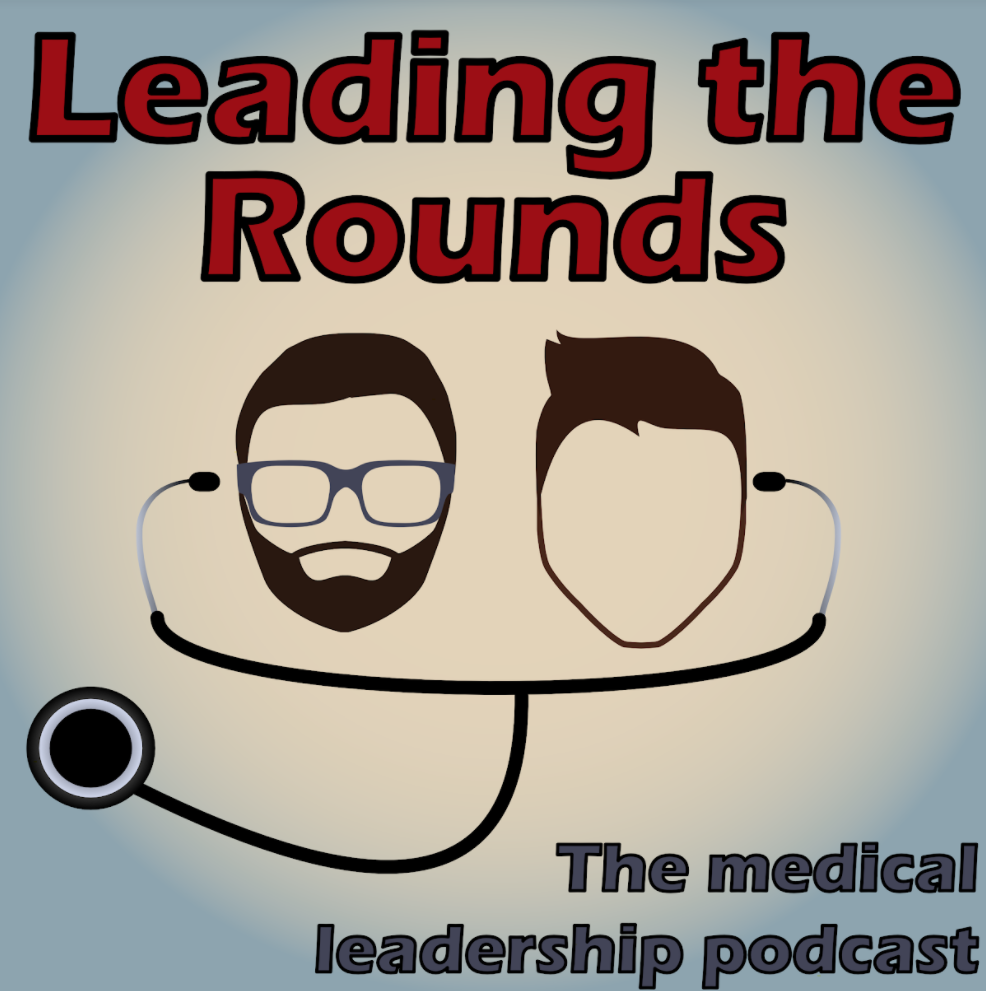In this episode we interview Dr. Alison Van Dyke. Dr Van Dyke joined the Data Quality, Analysis and Interpretation Branch of the Surveillance Research Program (SRP) as Director of the SEER-linked Virtual Tissue Repository (VTR) Pilot Studies. For the VTR Pilot Studies, SRP works with SEER registries to obtain custom annotations of detailed treatment data for pancreas and female breast cancer cases which may have biospecimens available. The goal is to match unusual survival cases with more typical survival controls. Dr. Van Dyke also directs the Residual Tissue Repositories (RTRs). Operated by the SEER registries in Hawaii, Iowa and Los Angeles, the RTRs collect tissue being discarded by hospital laboratories once the minimum requirement for retaining diagnostic tissue blocks, as set forth by the College of American Pathologists (CAP), has been met.
Prior to joining SRP, Dr. Van Dyke earned her MD/PhD from Wayne State University School of Medicine in 2011 with graduate training in cancer biology. Under the mentorship of Dr. Ann Schwartz, her doctoral research focused on the role of inflammation in non-small cell lung cancer among women and included SEER data. She completed postgraduate medical residency training in anatomic pathology at Yale-New Haven Hospital and surgical subspecialty training in thoracic pathology at the University of Pittsburgh Medical Center. In addition to being board certified in Anatomic Pathology by the American Board of Pathology, she is a Fellow of the CAP and serves as the SEER Liaison to the CAP Cancer Committee, which determines what and how tumor information will be reported in pathology reports.
Dr. Van Dyke completed a postdoctoral fellowship in the Infections and Immunoepidemiology Branch of the Division of Cancer Epidemiology & Genetics (DCEG). Working with Drs. Jill Koshiol and Eric Engels in DCEG, Dr. Van Dyke’s postdoctoral research focused on the incorporation of surgical pathology in epidemiologic research. She utilized data from the NCI Cancer Cohort Consortium to investigate the epidemiology of biliary tract cancers. She was also the first researcher to use the digital slide collection from the National Lung Screening Trial to investigate the relationships between lung scarring characteristics and lung cancer development. In addition, she established pathology tissue collection and evaluation methods for Dr. Koshiol’s Chile Biliary Longitudinal Study (Chile BiLS). She is completing a NAACCR project examining biliary tract cancer incidence trends in the United States.”
In this episode we discuss her path to being a MD/PhD, some projects she is working on at the NCI, the lessons she has learned from living with bipolar disorder, and her experience as a woman in STEM.
You can listen to our full episode on Apple Podcasts and Spotify.
If you like our podcast and want to support us, subscribe and give us a positive rating. You can also follow us on social media for daily content on Leadership in Medicine.
Leading the Rounds: The Medical Leadership Podcast
As physicians, we are immediately thrust into a leadership position from the moment we finish medical school. Despite this, most medical students will obtain little formal leadership training. We seek to improve our leadership abilities as burgeoning physicians. We developed this podcast to challenge ourselves to explore ideas in leadership development and how they apply to medical training. We hope to educate and motivate others to further develop themselves as leaders in health care.




